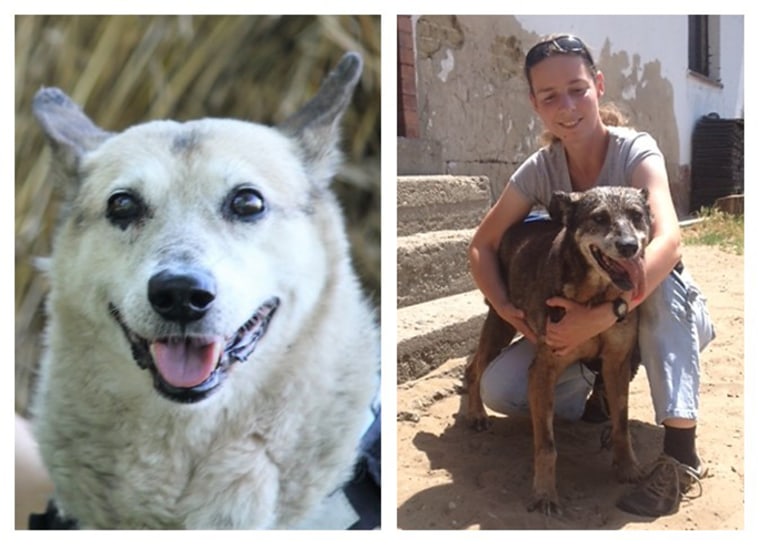Losing a dog is a gut-wrenching experience for anyone no matter the pup’s age, and many wish their dogs could live longer lives. A recent paper in Frontiers in Genetics (a scientific publisher and research network) examined the genome of two dogs who lived to extremely old ages, 22 and 27 years old, and provides researchers with more information about what contributes to dogs becoming “centenarians.”
“If we better understand the mechanisms of aging in dogs, we can promote a healthier lifestyle for dogs,” Dávid Jónás, a research fellow at the Department of Ethology at Eötvös Loránd University in Budapest, Hungary, told TODAY via email. “If pet dogs live longer and healthier, it could have a positive impact not only on the dogs themselves but on the mental health of their owners as well.”

For this study, the researchers sequenced the DNA of two dogs, Kedves, a 22-year-old female, and, Buksi, a 27-year-old male, what researchers called Methuselah dogs. These canines have a 50% longer lifespan than others (much like a human centenarian). Researchers were looking for genes they share that might explain their extended lifespan.
“This was the first study that investigated the genetic background of aging in dogs using whole-genome sequencing methods. We made the complete DNA information of these dogs publicly available for both scientists and the general public,” Jónás, the author of the paper, said. “We identified genes that are probably linked to extreme longevity in dogs.”
So what exactly did these genes reveal? Well, it’s a little complicated.
“When we examined the approximately 20,000 canine genes, we found some so-called start- and stop-codon mutations, which might result in disrupted gene functions. It is worth further examining these genes: first to verify that these mutations are true positives, then to investigate their biological effects as well,” noted Sára Sándor, a geneticist who was involved in the research, in a press release.
Some of the genes that overlapped between their two genomes are related to immunity, inflammation, and Alzheimer’s in humans.
These findings helped them develop a hypothesis for further research with a larger sample size of elderly dogs: “A crucial genetic requirement of extreme longevity lies within the fine-tuning (i.e. the superior calibration) of gene expression.”
Therapy dogs lend an ear and a cuddle to schools, nursing homes and hospitals
April 23, 202000:42







